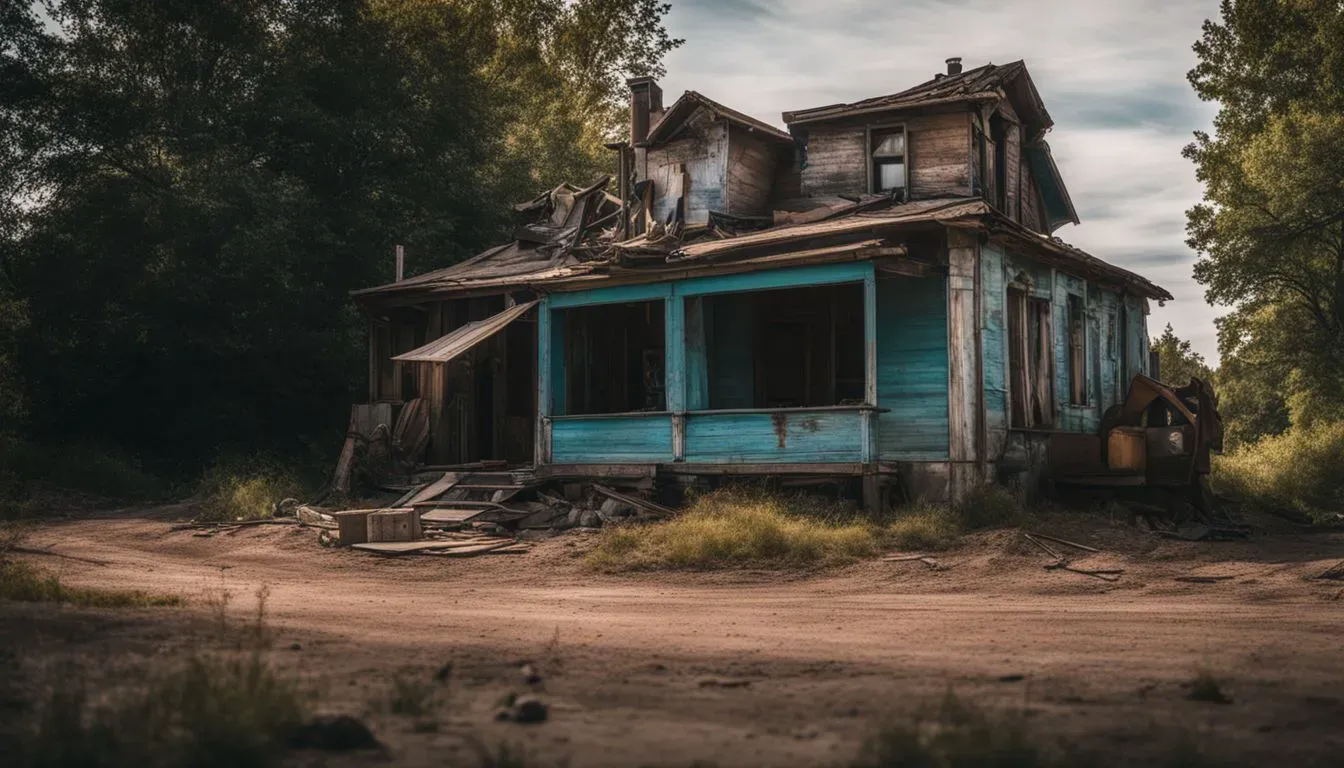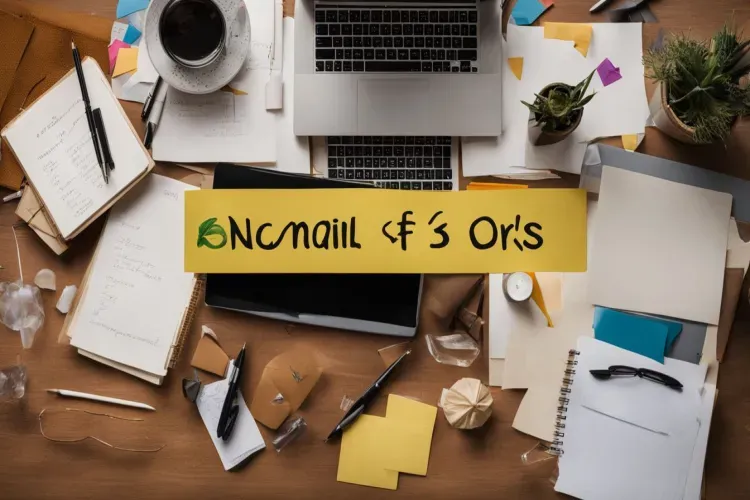What is Condemnation Real Estate?
Condemnation real estate is what happens when the government needs your property for something important, like a new park or road. Think of it as the government saying, “We need this land more than you do,” but in a legal way.
They use something called eminent domain to do it. This means they have the power to take over private land for public use.
Now, let me tell you from my own experience – getting that notice can feel like a punch in the gut. But there’s a process they follow. First, they send you a letter telling you about their plan.
Then, they offer to pay you what they think your property is worth. If you don’t agree with their price or don’t want to give up your property, things can get tricky. You might end up talking to lawyers and going to court to fight for what you believe is right value or even challenge if your property should be taken at all.
Understanding the Process of Condemnation
So, you’re curious about how condemnation works in real estate, right? Well, think of it like this: the government says “Hey, we need your land for something important,” and then they start a process to take it over.
First off, they’ll send you a letter—kind of an official “heads up” that they’re eyeing your place. Next comes the money talk; they’ll offer what they think is a fair price for your property based on its value.
But here’s where it gets spicy—you don’t have to take their first offer! If you think it’s too low or just plain wrong, you can fight back and try to get more dough for your digs.
Simple enough, huh?
Notice of Condemnation
Getting a notice of condemnation is like getting an unexpected knock on your door from the government, telling you they need your property. This document shows up and changes things.
It tells you that the government plans to take your property for something they think is a good cause. It’s their way of saying, “Hey, we need this space.” They send it because laws say they have to let you know what’s about to happen.
I once helped a client through this whole process. First thing’s first, we sat down and went over the notice together. It was full-on legal language but broken down; it basically said where their property was and why the government wanted it.
The reason? Usually for public stuff like roads or schools—things everyone can use. Then came talks about money – what the government thought their place was worth. My job? To make sure my client wasn’t left in a lurch, feeling short-changed by the big guys making big moves.
Monetary Offer
Okay, let’s chat about the monetary offer part. This is where things start to get real in the condemnation process. The government or agency decides how much they think your property is worth.
They come up with a number based on an appraisal—a good look at what similar properties are selling for. Then, they make you an offer, saying this is what we’ll pay you for your land because we need it for something important.
Now from my own experience, this can be a bit of a surprise moment. Sometimes that number feels right, and other times… not so much. It’s like when you know deep down your old baseball card collection is worth more than what someone offers at a garage sale.
If that offer doesn’t seem fair to you—too low compared to what you think your property’s really worth—you don’t just have to take it and walk away quietly. This is your cue to bring in some help, maybe a real estate attorney who knows this dance well and can argue for more money or even challenge how the government plans to use your land.
Challenging the Condemnation
Sometimes, the government says it needs your property for something important. This can feel like a punch to the gut. Let’s talk about what you can do if this happens.
- First up, get to know exactly why they want your land. The reason should be clear and for something that helps everyone, like a new park or roads. If it seems fishy, that’s your first clue something might be off.
- Next, check out how much cash they’re offering you. They’re supposed to offer you “fair market value.” This means what your property is worth if you were to sell it today. Sometimes their offer is too low. That’s when you say, “Thanks, but no thanks,” and gear up to fight for more.
- Here’s where things get real – hire a pro. And by pro, I mean an attorney who knows all about eminent domain and condemnation stuff. My friend had to do this once and let me tell you, having someone who speaks the language and knows the rules? Game changer.
- While your attorney works their magic, get an appraisal on your property. An appraisal is basically a professional guess of how much your place is really worth. You might find out it’s worth more than the government offered.
- Now let’s say negotiations start. You’ve got your number from the appraisal and they’ve got theirs (the lowball one). Your lawyer will try to find a sweet spot in between – somewhere fair that makes both sides happy.
- If talking doesn’t work out and things are still looking grim, brace yourself for court. It sounds bad, but sometimes it’s necessary. In court, a judge or jury looks at everything and decides if the government’s reason for taking your property is legit and if they’re offering enough money.
Through all of this, remember one thing: Stay calm and stick to your guns (not actual guns!). With the right help by your side and some patience, there’s always a chance you’ll come out of this with what you deserve or maybe even better – keeping your property entirely!
The Difference between Condemnation and Eminent Domain

Eminent domain and condemnation might sound like they’re the same thing, but trust me, there’s a twist. Eminent domain is the power that lets the government take private property for public use.
Think of it as the big idea behind taking land to build things like roads or parks. Condemnation? That’s the process they follow to make it happen. First time I ran into this was with a client looking to buy a plot near a planned highway expansion.
We learned real quick that eminent domain meant her dream spot was on borrowed time and condemnation was how they were going to officially take it.
Now, let’s talk turkey about how these two play out in real life. With eminent domain, think of it as the government having this superpower to claim land because they need it for something important for everyone—like schools or hospitals.
But just having superpowers doesn’t mean you can do whatever you want; there are rules. And here’s where condemnation steps in—it’s essentially those rules in action. It’s a legal way to ensure everything is fair and square, making sure people get paid what their property is really worth if it gets taken for public projects.
One project I worked on involved navigating through this exact situation; we had to strike a balance between what my client thought their property was worth and what the authorities were willing to pay—a tricky but necessary dance when dealing with condemnation cases.
Examples of Inverse Condemnation
Hey there, real estate agents and realtors! Let’s talk about some cases of inverse condemnation. This is when the government takes or messes with private property without following the usual steps. Now, this can get pretty tricky.
- A city builds a new road that floods your property every time it rains hard. Here, the government didn’t take your land, but that new road sure is causing a big problem for your yard.
- Imagine a public airport expands nearby. Suddenly, there are planes roaring over your house all day. It’s so loud; you can hardly think. That’s another classic case where you might have a say in inverse condemnation.
- Let’s say the government decides to build a huge wall for flood control. Great for the town, but now your riverside view is blocked by concrete. And guess what? Your property value just took a dive.
- How about when a city’s sewer system backs up and floods homes? The city was trying to improve things, but oops… now your basement is full of water.
- Lastly, think about if a state agency digs up an area near your business for research or construction and accidentally cuts off access to your store. Customers can’t get to you? Well, that’s not fair at all.
Each of these examples shows how actions meant for public good can end up hurting private property owners like you folks deal with daily. Keep an eye out; knowing these scenarios could be super helpful in understanding rights and what steps to take next!
Roles and Responsibilities of a Real Estate Agent in Condemnation Cases
As a real estate agent, you play a big part in condemnation cases. Your job is to help your clients understand what’s happening. You guide them through the process. This means explaining how condemnation and eminent domain work.
It also involves showing them their options for challenging the government’s offer or seeking more money.
From my own experience, I’ve seen how confusing these cases can be for property owners. They often don’t know their rights or what steps they can take next. That’s where you come in.
By providing clear info and support, you make things less stressful for them. You might not fight the legal battle yourself, but connecting your clients with the right attorney or law firm who specializes in eminent domain is crucial.
Plus, helping assess the property’s value accurately ensures that they get fair compensation from the start of any legal actions against them by governing bodies or private entities with this power.
FAQs
1. What’s condemnation in real estate, anyway?
Oh, so you’re diving into the deep end of the pool, huh? Condemnation in real estate is like when the government says, “Hey, we need your land for something super important,” like a new park or road. It’s part of this big idea called eminent domain where they have the right to take over private property for public use – as long as it’s for a good reason and they pay up.
2. Can I say “no way” if the government wants my land?
Wishful thinking! But here’s the scoop: challenging a condemnation isn’t about just saying no; it involves some serious legal gymnastics. You might want an attorney who knows all about eminent domain to help argue that maybe your land isn’t really needed or that the offered amount feels like pocket change.
3. How do I know if my property can be condemned?
Well, if your place is looking more haunted house than home sweet home (think dilapidated or downright unsafe), there’s a chance it could be on the list. But mostly, properties get picked because they’re sitting where the government has big plans – think roads, schools, parks… you get the picture.
4. What happens after my property gets that dreaded condemnation notice?
Ah yes, welcome to “Condemnation 101.” Once you get served with a notice (yikes!), things start moving pretty fast – court dates and appraisals galore! This is when having an attorney by your side becomes super handy; they’ll walk you through steps and might even help snag a better deal.
5. Is there any silver lining here? Like getting paid?
Silver linings exist! If your property gets tagged for condemnation (not exactly winning the lottery but hear me out), you’re supposed to get fair compensation – enough moolah to buy something similar elsewhere. And hey, sometimes negotiations mean more cash in your pocket…if you play your cards right.
6. What should I do first if I’m facing condemnation proceedings?
First off – deep breaths! Then hustle and find yourself an experienced eminent domain lawyer who can guide you through this maze-like process from “Uh-oh” to “Okay, got this.” They’ll explain all those tricky terms and make sure someone’s got your back throughout this wild ride.





Leave a Reply